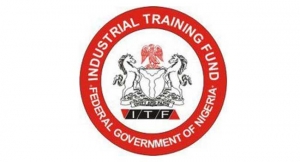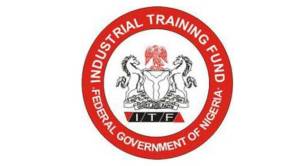
Speaking at the commencement of the 5th phase of the programme held at the headquarters of National Board for Technical Education (NBTE) in Kaduna state, the acting Director General of the agency, Dickson Onuoha, said the training is aimed at fast tracking the National Industrial Revolution Plan (NIRP) of the federal government change agenda and equipping young Nigerians with skills for employment opportunities.
The Director General of ITF, said the trade areas were carefully selected based on their anticipated importance to their immediate environment. He urged the participants to take their training very serious.
On how the training programme addresses poverty and unemployment, Onuoha said that majority of the trainees of the programme, would start up their businesses upon graduation while some would be employed in various sectors of the economy.
Governor Nasir El-Rufai of Kaduna state who was represented by his Special Adviser on Vocational Skills Development, Peter Ayim noted that the programme, if given the necessary political support and attention, will play an important role in the country’s economic development and poverty reduction.
The programme themed “The role of skills training in poverty eradication”. would expose the participants to intensive technical and vocational skills for three months in different trade areas, namely tailoring, carpentry, Domestic Electrical installation and interior decoration.
Stakeholders believe that there is need for effective coordination and integration towards targeted programmes that can reach out to the most vulnerable groups in the society.

